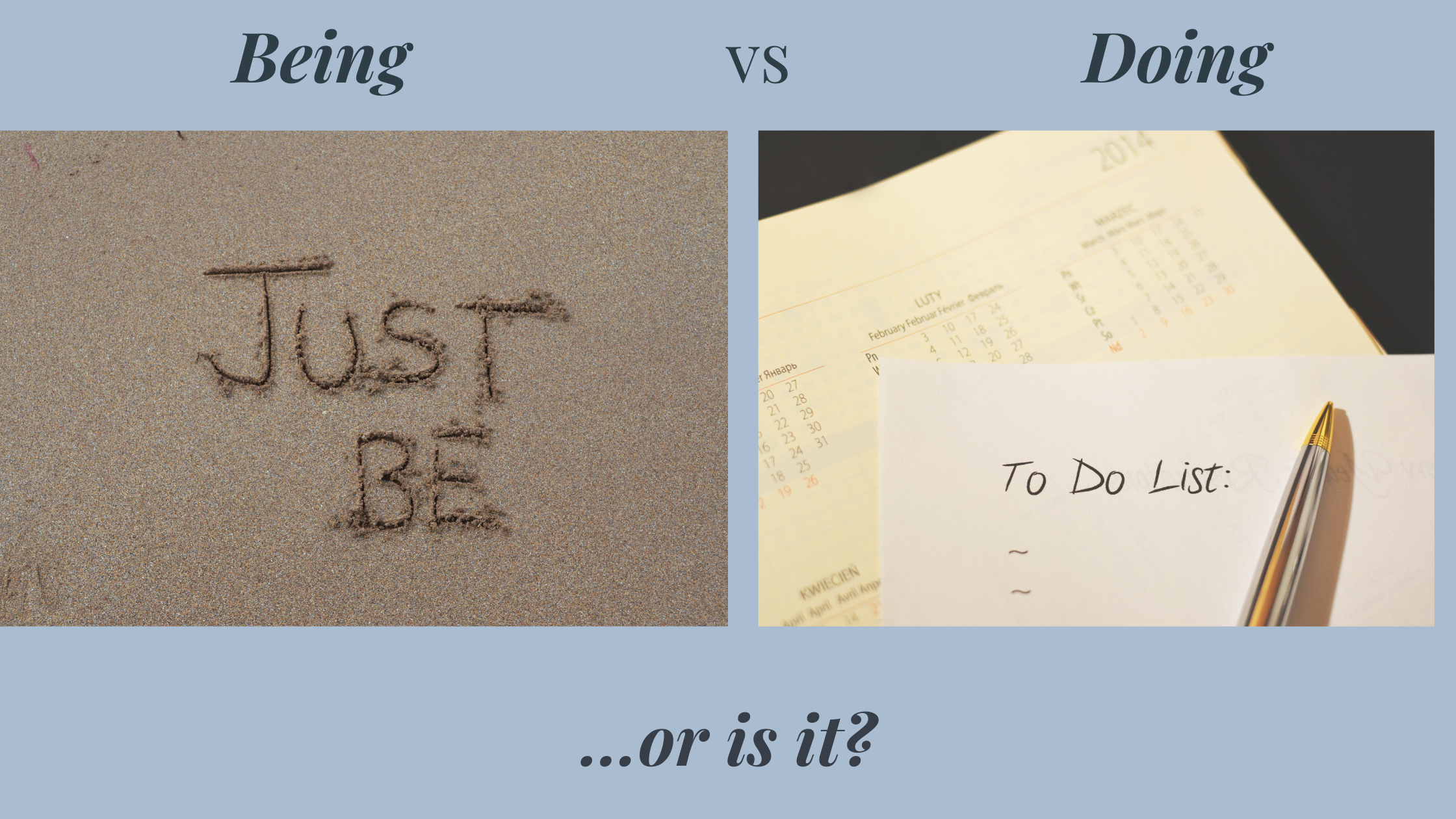One of the most challenging things about spiritual development is being able to translate our spiritual life into our everyday life. We feel connected to our deeper purpose and want to create our lives or something that allows us to live and express that every day. We hear, and we want to answer the call.
Answering the call means we are asking to discover, understand, and move beyond our ego fears. We will be inspired and challenged to be our authentic selves and express that quality to others or the world.
But we hit a snag. How do we share who we are or co-create in a grounded way without our ego coming in and hijacking the process?
This is a genuine concern. If you have done any spiritual work, you know or have experienced a tenet about not having any expectations about outcomes or attachment to an outcome. If you fix your mind on a specific result, you may be asking for trouble because of another tenet; you don’t get what your ego wants; you get what your spirit needs. We also know if we don’t attach to an outcome and flow with Universal creation, not only will we create what needs to be created or become who we need to be, but it will also be a thoroughly enriching and enjoyable experience.
However, if we want to create something on Earth, we are more likely to achieve that through dedicated effort and focused intent toward attaining a goal.
Both are true, so how do you blend these two opposing forces? How do I work towards a goal I feel is meaningful to pursue that requires focused effort and energy without being worried about or attached to the outcome?
Some things to keep in mind when you are creating:
Set a goal, not an outcome.
An outcome is what happens after we have achieved our goal. A goal is how we want to proceed from the beginning. The big difference between the two is one we have control over, the other we don’t.
We have control over what we do and how we do it. Once we create it, it can go in a million possible directions, most of which aren’t even on our radar. And, spiritually speaking, that’s the point. We know we need to do it but don’t know the ultimate end purpose.
Say your goal is to write a book to share your experiences or what you have learned as a way to help others. You have control over what goes into that book and the steps you take to get that book finished. You don’t have control over how the book will be received.
But, you may say, I have control over getting feedback as I try to ensure that the book I am writing will be helpful and received well. That is true and not always bad, but where is your focus now? Is it on the original goal, or skewed more towards the outcome? Is getting that feedback an authentic step in reaching your goal, or have you shifted your focus toward the outcome?
When we shift focus, we start to try and control things we can’t, which is how others will react to our creation. Now we are focused on an expectation or the outcome rather than the goal. By detaching our focus from a result, we can focus on the authentic steps we need to take to achieve our goal.
So how do you keep your focus from shifting to the outcome?
Focus on the next step you need to take to achieve the goal, not on the goal itself.
Once we have set a goal, it’s in our consciousness, and we don’t need to think about it. It’s also how we want to begin, not how we need to continue. We do need to focus our efforts. We need to think about how we want to continue; what is the next step we need to take.
Not the next three steps, the next step.
Leave yourself room to maneuver. Having a plan to achieve your goal is excellent. It can help focus your energy into what you are looking to create. Remember, however, we are co-creating, which means we don’t have the route mapped out beforehand. We need to allow the Universe to respond with each action we take toward our goal. It’s not a paint by numbers picture. Every step we take creates a ripple effect out into the Universe, opening some doors and closing others. It also means that opportunities that didn’t exist before we took the previous step are now available. If we are too focused on the plan we have already created, we may miss the action that could get us to our goal more quickly and effectively.
Pulling as much of you into the present moment allows us to see these opportunities. For most of us, we need to quiet our minds to do this. Our minds can scatter or direct our energy away from the present. It can move our energy out and away from us, feeling so diffused we can’t get any purchase on what we need to do next. It can also focus our energy so hard in a specific direction that it moves us into the future rather than staying in the present. Both move our focus outward, but what we need to do to get to the next step is to shift our focus inward. We want to condense that diffused energy to feel focused, but not so hard that it is set on one thing. I find setting an intention around being open to receiving helps this process.
Re-define success.
How do we know we were successful in achieving our goal? For many of us, success goes beyond accomplishing or achieving a goal to include what happens after we have completed it. It’s as if accomplishing our goal is not enough to be successful. We also have to have some external acknowledgment that what we have achieved is valid in the eyes of others. If your goal was to write a book, and you wrote it, you are successful.
What does “success” look like to you? Do you see yourself at a massive book signing or getting a 6-figure advance? Do you have a waiting list for your workshops or courses? Are you asked to be a keynote speaker at a significant event? I don’t think there is anything wrong with entertaining the possibilities. However, if we believe that we are not successful unless those possibilities happen for us, we may be very disappointed or even devastated if they don’t. Bringing your attention back to the goal rather than the outcome can help you see yourself as successful no matter what the outcome.
Be aware that your “goal” may not be the Goal.
If our purpose is to bring our spiritual life to our every day, it means that our everyday experiences have a spiritual significance or purpose. Our “on the ground” goals and the challenges we encounter to achieve them represent our “higher Self” goals and the challenges we need to experience to grow as a spirit.
Maybe the book needs to be written because it needs to exist, not for now, but 10, 15, or 20 years from now. Or the book is a vehicle for you to meet the person who will launch you onto the next step of your development. Or the book is a vehicle for you to learn how to develop and clarify your message.
The key is to be flexible in your approach. If you set the goal and steps you take to get there in stone, then you are working from the needs of your ego self, not necessarily your spiritual Self. This isn’t a problem, but going back to the tenet of “you get what your spirit needs, not what your ego wants”, you may end up fighting your Self rather than listening to your Self and taking longer to achieve your goal and your Goal. It is more of a flow, like tacking in sailing. You move the sail around to catch the wind from the direction it is blowing so you can stay on your heading to reach your destination.


